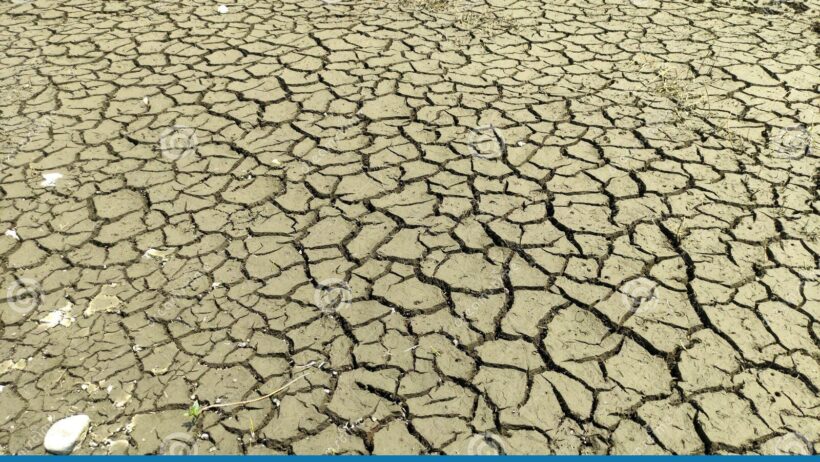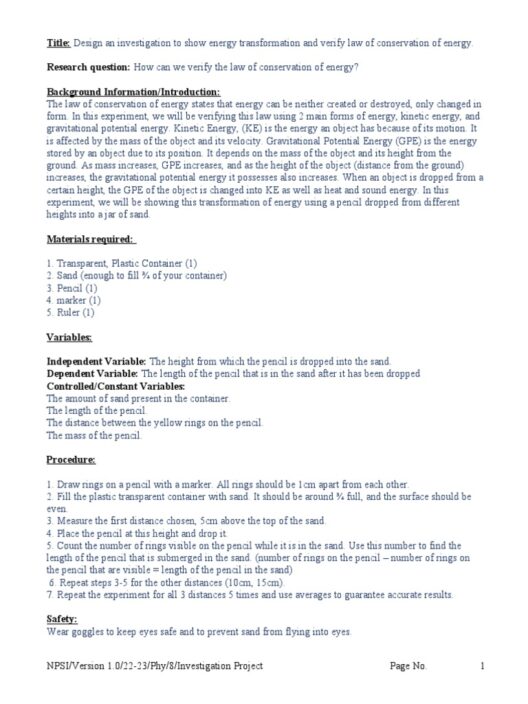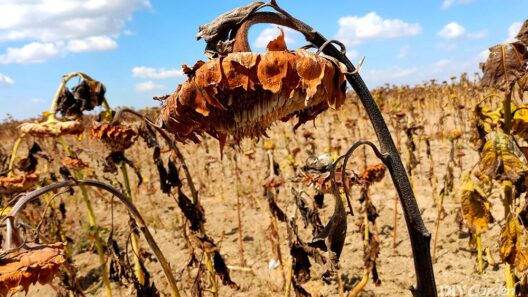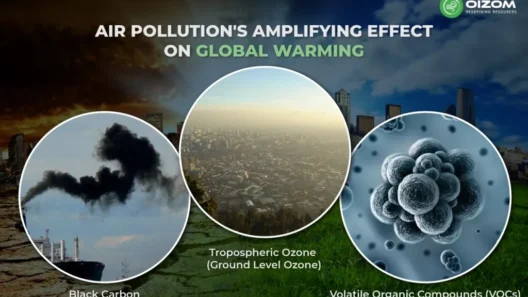Africa stands at a pivotal crossroads, a precarious juncture where the forces of climate change collide with the realities of daily life. The continent, rich in biodiversity and cultural heritage, finds itself grappling with the profound ramifications of global warming. As temperatures rise and weather patterns shift unpredictably, Africa morphs into a living metaphor for the broader struggles faced by the planet. This essay deftly explores the negative impacts of global warming on the continent, shedding light on how they reverberate through various spheres of life.
The heartbeat of Africa, its sprawling landscapes—ranging from arid deserts to lush rainforests—grows faint under the oppressive weight of climate change. Altered weather patterns manifest as intensified droughts in some regions and unprecedented flooding in others. For the tens of millions who rely on rain-fed agriculture, crop failures due to erratic rainfall signify more than just economic hardship; it heralds food insecurity and malnutrition. The image of dry land cracks underfoot serves as a stark representation of a future precariously balanced on the edge of catastrophe.
This shift not only threatens food supplies but also undermines the very fabric of societies cultivating these lands. Farming communities, which have thrived for generations, confront an existential dilemma. As traditional wisdom and farming practices increasingly clash with modern realities, many farmers find themselves adrift in a system that offers little support. The metaphorical storm clouds of climate change loom large, and without adaptive strategies, millions face the prospect of being uprooted from their ancestral homes.
Moreover, the wildlife that adorns Africa’s diverse ecosystems faces similar tribulations. As habitats become fragmented and competition for dwindling resources intensifies, iconic species such as elephants and rhinos find themselves on a precarious tightrope. The interdependence between fauna and flora is disrupted, leading to cascading ecological consequences that gnaw at the continent’s rich biodiversity. Loss of species is not merely an environmental concern; it impacts tourism, a vital economic lifeline for several African economies.
Water, often termed the essence of life, epitomizes this crisis further. With increasing evaporation rates and changing precipitation patterns, water scarcity emerges as an alarming challenge. Lakes and rivers that once brimmed with life dwindle, forcing communities to scramble for this essential resource. Rural populations often bear the brunt of this predicament. They are compelled to traverse greater distances to fetch water, a grueling reality that siphons off precious time and energy. In urban centers, the strain on existing water infrastructure leads to conflicts and heightened tensions among communities competing for access.
Climate change’s tentacles stretch beyond physical threats; it intertwines with socio-political stability, cultivating fertile ground for conflict. Scarcity of resources, such as arable land and fresh water, becomes a flashpoint in existing tensions between communities. In regions where inequitable access to resources is prevalent, disputes over land can escalate into violence. These conflicts displace populations, igniting humanitarian crises that ripple across borders. The metaphor of a withering plant serves to illustrate the fragility of peace in regions where climate stressors exacerbate already tenuous situations.
In response to these challenges, the imperative for climate adaptation and resilience-building becomes ever more pronounced. African nations increasingly find themselves in a race against time, needing to leverage both traditional knowledge and modern technologies to combat the encroaching adversities. Initiatives that promote sustainable land management, agroecological practices, and renewable energy sources are emerging as beacons of hope. These strategies not only bolster food security but also foster environmental stewardship, creating resilient communities capable of weathering storms—both literal and metaphorical.
The intersection of climate action and social justice cannot be overstated. Vulnerable populations, often marginalized in decision-making processes, must find their voices amplified in the global discourse on climate change. The fight against climate change is as much about rectifying historical injustices as it is about safeguarding the planet. Efforts to implement policies that empower local communities to adapt to climate change can transform lives, making resilience an intrinsic part of their narrative.
Africa’s climate crossroads is a reflection of the interwoven tapestry of environmental and human experiences. The challenges posed by global warming necessitate a collaborative response that transcends borders. Global partnerships can harness the continent’s rich potential—bolstering climate finance, technology transfer, and capacity building. As the world pivots towards sustainability, it is imperative to recognize the unique role Africa plays in shaping new narratives around climate adaptation.
In summation, Africa’s struggle against the adverse effects of global warming is emblematic of a broader global challenge. The continent stands resilient, though heavily burdened, as it endeavors to navigate the tumultuous waters of climate change. The metaphor of a chain links together every story—each impacted community, every displaced species, and every ounce of water rationed. The time is ripe to turn the tide, fostering innovative solutions to restore harmony with nature and nurture a future where societies thrive amid climatic uncertainties. The evolution of Africa’s narrative is not just a story of hardship, but also of tenacity, adaptability, and hope—a testament to humanity’s unwavering spirit in the face of adversity.








